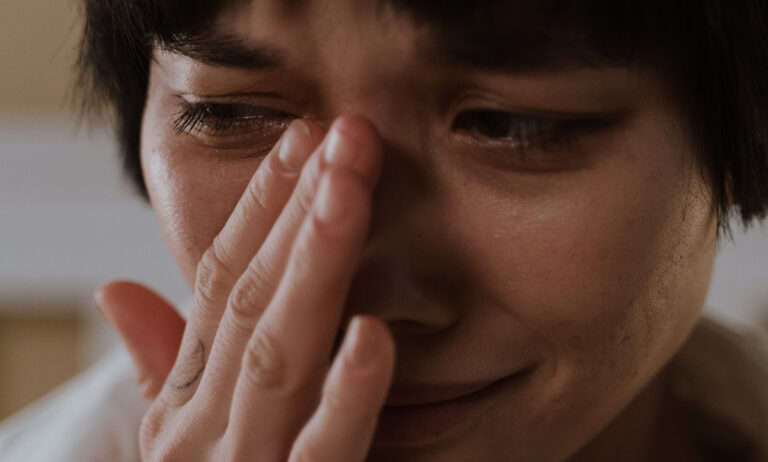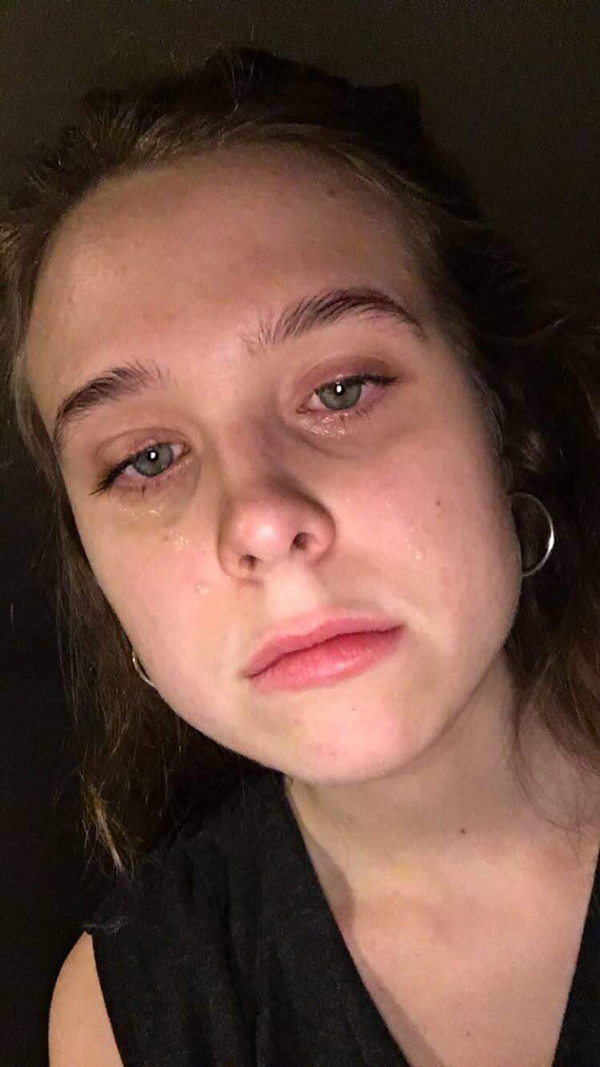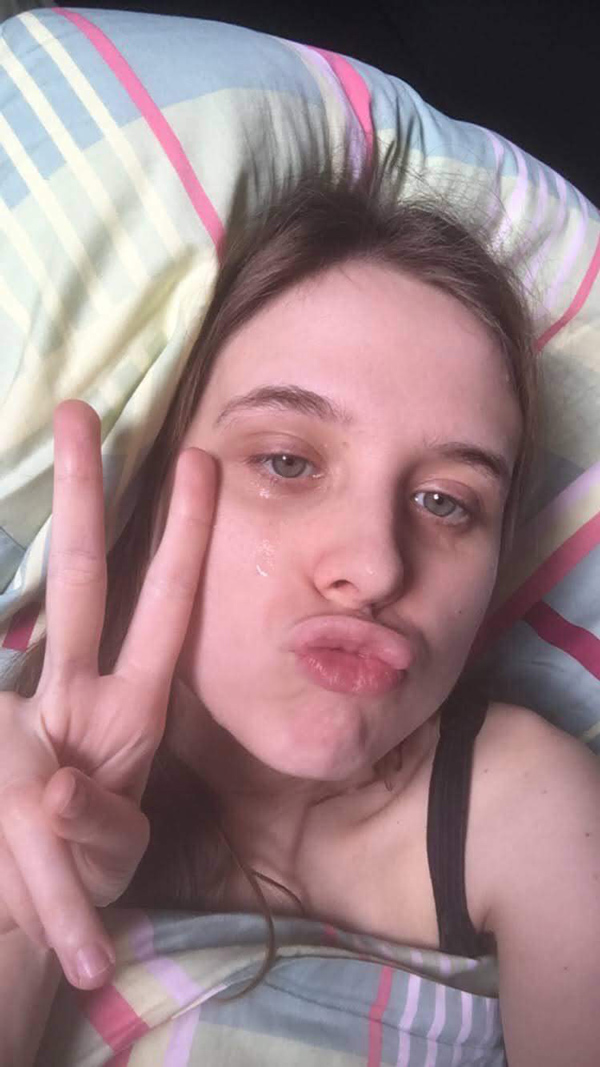Crying selfies and breakup videos: why is gen Z obsessed with posting their breakdowns online?

Like many people, I can’t say that I was taught how to properly deal with negative emotions. My default reaction is to cry, and it often brings me a lot of comfort. But there is one peculiar habit I picked up on—every time that I cry and my phone is next to me, I will most likely take a selfie.
While the shots I capture of my most vulnerable self mainly stay in my camera roll, a few have been posted online, or even used on Tinder, because I thought they were funny. And I fully know that I am not the only one who does this. I often see people’s crying photos and videos across my feeds, whether posted for comedic purposes or to showcase genuine sadness. And it makes me question—why did we suddenly start documenting our breakdowns, and sometimes go as far as sharing them online?



Gen Zers and millennials are often described as the ‘digital generation’, and rightfully so. So much of our lives and identities intersect with the internet, that we often perceive the content others post as a true depiction of themselves and the lives they live. But in recent years, the way we exist online has drastically changed.
Screen Shot spoke to Noel Bell, a London-based psychotherapist, who explained that “at times of great social change, there is this thirst for individual authenticity.” If you try to link this to the state of social media today, you can see that this illusion of the ‘perfect life’ we are used to seeing on our feeds is getting old and tiresome. Instead, we feel the need to connect to a sense of relatability.
Influencers are now trying to sell authenticity, and platforms like TikTok have served as a complete antidote to the Instagram illusion—the content often appears a lot more spontaneous, and thus, a lot more genuine. And when it comes down to documenting raw emotion, what better format than video?
“There’s a lot of debate about this—is the new technology changing people’s brains and how we view our sense of boundaries?” continued Bell. This could explain why there is a sudden influx of sadness online, and it’s no longer just in the form of crying selfies.
On TikTok, for example, there is a trend where couples post a video of themselves right after a breakup, crying and comforting each other. Another popular format has seen creators share the process of them cleaning their bedrooms after a depressive episode, showcasing the before and after.
@xoxomiah0ll He goes can we make one last tiktok together
♬ original sound - The Favourites.
In hindsight, this type of content is relatable because these are real-life situations all people go through—we all cry, we all deal with heartbreak and difficult conversations, and we all might experience depressive episodes at some point in our lives. But why is it that when some of us experience these things, our reaction is to document them?
“It’s not like they’re seeking ties online. They’re actually wanting to make greater connections,” explained Bell when asked why people might feel the need to share every little detail of their lives online, including some of the most difficult ones. Perhaps the internet has hindered our sense of boundaries. Or perhaps we have managed to destigmatise our feelings around difficult situations so much that we almost feel casual about these experiences.
The truth is, being sad online has turned into a trend. And there have been a lot of benefits to this—for example, many people find solace in memes surrounding various topics about mental health, in turn, creating entire communities around it. Self-deprecation has become a coping mechanism for a lot of us, and the ability to laugh, and share our feelings about these issues with others has helped us connect and feel seen. After all, why should we experience any shame over being sad and openly sharing the emotion?
Needless to say, some might perceive this type of online oversharing as attention-seeking, or narcissistic. And to some degree, it would be silly to post imagery of our sadness and not expect any reaction in return. Maybe we want our despair to be witnessed, or maybe, we want to evoke emotion in others, be it a concern for us or admiration for the humour and sense of relatability provided. Last but not least, I know for a fact that some of us genuinely find ourselves more attractive when we cry.
While it is great to feel that we can openly share these feelings, it is also important not to blur the line between destigmatising and romanticising issues surrounding mental health and negative emotions. Yes, being comfortable in your vulnerability is beautiful—but so is trying to practice healthy coping mechanisms. So, is oversharing online particularly healthy?
“I think about this myself really. Does it feel narcissistic or is it healthy? Does it actually break down stigma by sharing more?” speculated Bell when asked the same question. “One day I can think yes, maybe, and another day I can think, no, it doesn’t because it feeds loose boundaries, and often loose boundaries are the thing that can actually play havoc with people’s self-esteem,” further acknowledging the presence of a permanent digital record that is often left in its wake.
Think about it—how many times have you sent a risky text, or posted something you are unsure of? How did this impact the way you felt at the time? In many ways, sharing such vulnerable moments online has a similar effect.
When discussing healthy coping mechanisms, it is also important to consider that this means something different for everyone. What works for you might not work for others, and vice versa. Likewise, not everyone has access to the same resources, which means that for a lot of people, turning to the internet is a start.
In many ways, technology and the internet have helped us destigmatise sadness. But it is also important to be cautious of our boundaries, and how creating such content may affect us. If you want to digitally document your feelings, great, but make sure you are doing it with caution.




